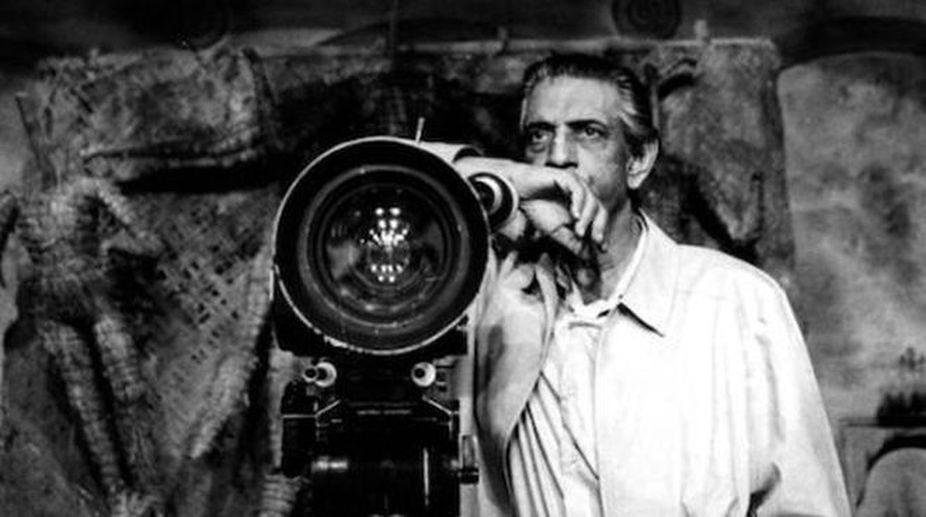When Shyam Benegal credited Satyajit Ray for revolutionizing Indian cinema
Shyam Benegal praised Satyajit Ray as the genius who redefined Indian cinema, leaving an unmatched legacy that transformed filmmaking.

Aniruddha Roy Chowdhury (PHOTO: Facebook)
Pink director Aniruddha Roy Chowdhury, who has come up with a new short film Baiju Bulli on acute water shortage in an impoverished village, says there's no denying that Satyajit Ray has had a huge influence on him.
"I really enjoyed working on this film. We (Bengali filmmakers) are so influenced by Ray's work! It's impossible for me not to think of Ray when I am making a film about poverty and famine, seen from impressionable eyes. I had Ray's Apu from Pather Panchali in mind. I grew up watching Ray, (Ritwik) Ghatak.
Advertisement
"Even now, I revisit Ray to bring back hope to my life and cinema."
Advertisement
The director's heart bleeds for the rural Indian population reeling under a water shortage.
"The problem is very real and serious. But we don't seem to take it seriously enough. With small efforts like my film 'Baiju Bulli', we can make a difference and impress on the urban population the imperativeness of preserving water. If I don't get water in my apartment for a day, we go through hell. But many rural areas go without water every day. I wanted to tell a non-preachy story. Hence, I created this story."
Selecting the two young protagonists Bulli (Rakesh Thakre) and Baiju (Aditya Pawar) was not easy.
"We auditioned so many. My wife Indrani who is the producer on the film, auditioned a number of kids through a casting director. I saw Rakesh and Aditya and liked them. We did a few days' workshop with them. But these two boys are awesome. It was love at first sight. They are rare, effortless and natural."
Chowdhury feels the water problem must be addressed through cinema and other mediums of mass communication.
"It is imperative that we create an awareness about the water scarcity. We must be aware of the problem. Let's work on that. I am committed to the problem of water scarcity. This film is an attempt to put that problem in perspective. Even today, the economically and socially challenged people are deprived of water."
Advertisement